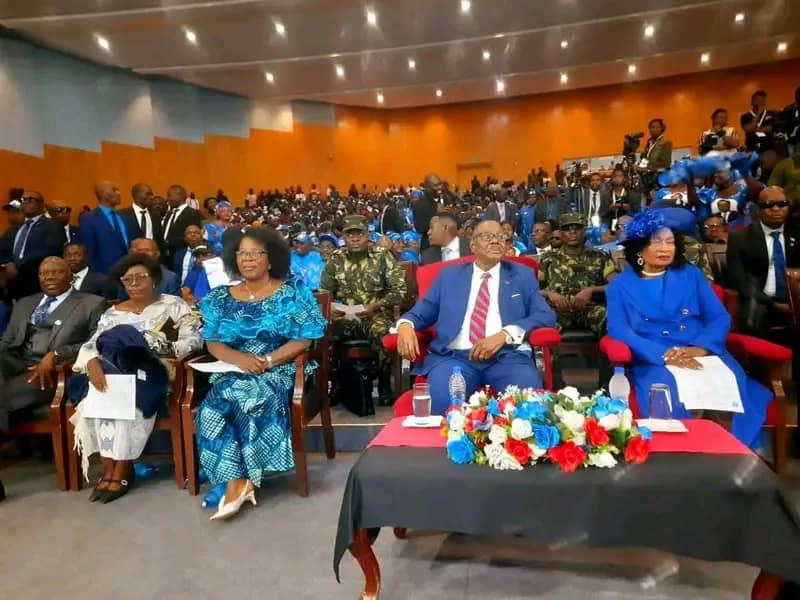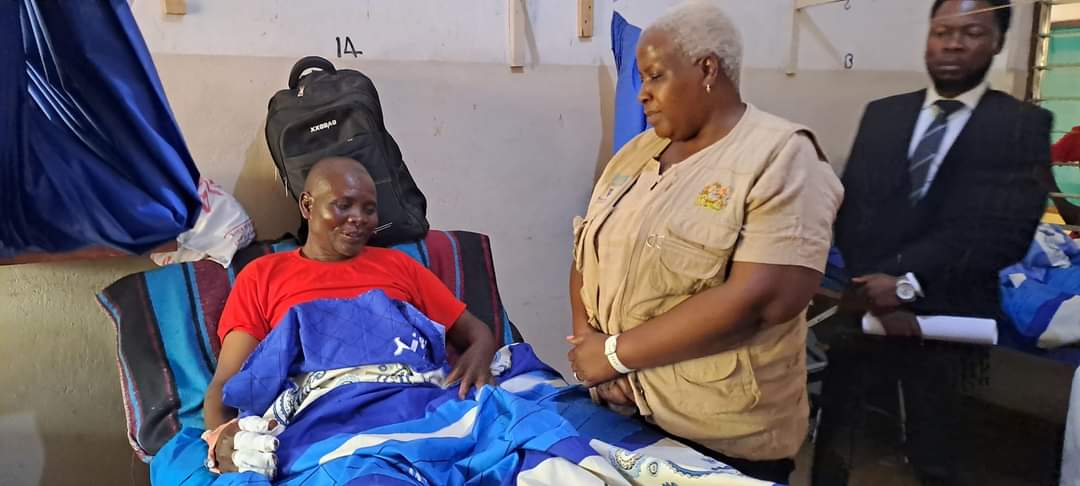By Burnett Munthali
A post published on the Facebook page Bakili Muluzi TV has stirred debate after boldly declaring that the Democratic Progressive Party (DPP) has chosen a running mate who is more educated than the presidential candidates of both the Malawi Congress Party (MCP) and the United Transformation Movement (UTM).
The post claims that the academic qualifications of the newly selected DPP running mate surpass those of President Lazarus Chakwera and UTM leader, the late Dr. Saulos Chilima, now represented by a new leadership following his tragic passing.
The statement, written in Chichewa, reads: “DPP yasankha running mate ophunzira kwambiri kuposa president wa MCP ndi UTM.”
It further challenges critics of the DPP to prove otherwise by producing academic papers that are more impressive than those belonging to the DPP running mate, Justice Dr. Jane Ansah.
The post continues: “Ngati akutsutsa ationetse mapepala amene ali nawo oposa a mayi Jane Ansa.”
This direct challenge appears to target critics and political rivals who have questioned the credibility or capabilities of DPP’s leadership choices.
It also signals a renewed confidence in DPP’s presidential ticket as the party attempts to present itself as the more competent and academically sound alternative in the 2025 general elections.
The post concludes with the phrase “HISTORY IS THE BEST TEACHER,” suggesting that past experience and qualifications should guide Malawians as they make their electoral decisions.
This comment has drawn mixed reactions from the public, with some praising the emphasis on academic excellence while others cautioning against equating formal education with effective leadership.
Supporters of DPP have welcomed the message as a sign that the party is taking the 2025 polls seriously by prioritizing merit and intellectual credibility in its campaign team.
On the other hand, critics argue that academic credentials alone do not guarantee good governance and that leadership requires a balance of integrity, experience, and connection with the people.
As the 2025 election campaign season heats up, such statements are likely to shape political discourse and influence how voters assess the suitability of candidates across all parties.




